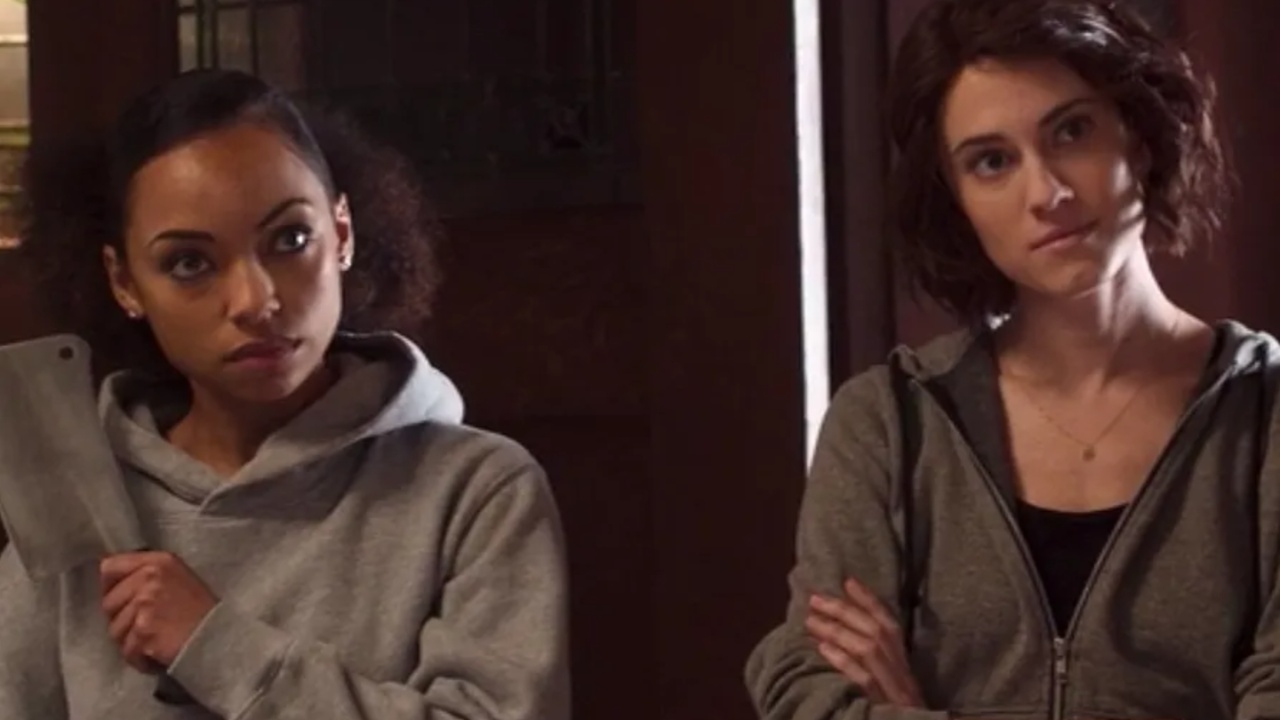Horror often works best when it arrives from unexpected places. Audiences may assume that familiar creatures and long-running franchises will deliver the strongest scares, yet original ideas regularly produce the most memorable shocks. The Perfection embraces this principle by transforming the refined world of classical music into a setting filled with dread, cruelty, and psychological devastation.
Like Get Out, which turned polite social rituals into a source of terror, this film reveals how seemingly elegant environments can hide atrocities. Following the success of Bird Box, Netflix positioned The Perfection as its next major psychological thriller. The story begins with two gifted cellists, Charlotte and Lizzie, whose lives intersect in ways that challenge the boundaries between victimhood, revenge, and madness.
The roots of horror in The Perfection stretch back to 1927, when Anton’s grandfather founded the Bachoff Academy of Music. Beneath its reputation for producing world-class performers lies a destructive system built on abuse. Anton describes a tradition of punishing students who fall short of perfection with ritualized sexual assault carried out by the instructors. Charlotte Willmore was once one of these prodigies. She manages to escape only because her mother becomes ill.
Her departure ends the immediate abuse but leaves psychological wounds that fester for years. Charlotte undergoes therapy, ECT treatments, and battles suicidal despair. After her mother’s death, she sees photos of Lizzie, a new star pupil, and recognizes familiar signs of trauma. Determined to stop the cycle, she decides to confront Anton and the institution that shaped him.
A Descent Into Manipulation, Shared Trauma, and the Violent Reversal of Power
Charlotte travels to Shanghai, where Bachoff’s staff is scouting talent. She reintegrates herself into their circle and quickly forms a connection with Lizzie, who appears confident and successful. Their chemistry evolves into a romantic encounter, and the two decide to take a spontaneous trip into rural China. This journey becomes the film’s first major turning point. Charlotte secretly drugs Lizzie with medication taken from her mother’s supplies.
The mixture causes severe nausea and vivid hallucinations. Seen first from Lizzie’s confused point of view, the sequence suggests that bugs are crawling inside her arm. Charlotte insists that the infestation is real. In a state of panic and delusion, Lizzie amputates her own hand with a cleaver. When she regains consciousness, Charlotte tells her that this was the only way to sever her ties with the abusive institution that manipulated her.

After the amputation, Lizzie attempts to seek help from the authorities but receives no meaningful support. She returns to the Academy, only to be rejected by Anton and the staff, confirming Charlotte’s warnings. Enraged and betrayed, Lizzie violently confronts Charlotte. Yet in the aftermath, she acknowledges that Charlotte was right about Bachoff’s cruelty. The two women, now bound by shared trauma and mutual understanding, form a plan to dismantle the institution that shaped them.
Lizzie pretends to capture Charlotte and brings her back to the Academy. Charlotte is chained and commanded to perform for the staff. She intentionally plays one wrong note, knowing the consequence. As the instructors move to attack her, they suddenly collapse. Lizzie has already drugged their drinks, turning the tables in a decisive act of rebellion.
With the faculty incapacitated, Charlotte and Lizzie turn their attention to Anton. A brutal confrontation follows. Charlotte suffers severe injuries, including the loss of an arm. In the film’s final sequence, Anton appears mutilated and restrained. He is blinded, castrated, missing limbs, and connected to a feeding tube. He is forced to listen as Charlotte and Lizzie, each with one functioning arm, play a cello together with remarkable control.
This moment serves as a symbolic reclaiming of their stolen autonomy and artistic identity. Yet the ending introduces a layer of uncertainty. The scene has a dreamlike quality, and several details defy logic. There is no clear explanation for how the women could have stabilized Anton’s injuries or why he lacks scars from earlier events. The possibility arises that the ending may be partially imagined or distorted by trauma.
How Fragmented Storytelling, Cinematic Influences, and Musical Misdirection Shape The Perfection’s Impact
One of the most distinctive qualities of The Perfection is its scrambled storytelling. Richard Shepard constructs the film using fragmented sequences that reveal crucial details only after the audience has formed initial assumptions. Early scenes are presented without context, creating a sense of mystery regarding the motives and mental states of each character. Charlotte and Lizzie’s journey is shown twice from different perspectives, forcing the viewer to reassess what truly happened.
This technique carries risks because revisiting events can slow pacing. However, when used effectively, it heightens tension and transforms viewers into active participants who must piece together the truth. Films such as Reservoir Dogs and Eternal Sunshine of the Spotless Mind use similar structures. In The Perfection, the method intensifies the central question of who or what constitutes the real source of evil.
Although the film became associated with the #MeToo movement, production began shortly before the Weinstein revelations. The creators drew greater inspiration from The Keepers, a documentary that exposes institutional abuse and high-level cover-ups within the Catholic Church. Shepard also cites director Brian De Palma as a stylistic influence, particularly in the use of split diopter shots that create heightened visual tension.
The revenge-driven elements of the story owe much to Korean cinema, especially Park Chan-wook’s Oldboy and The Handmaiden, both of which explore trauma, justice, and moral ambiguity. These inspirations combine to give the film a distinctive mixture of psychological horror, thriller intensity, and arthouse flair.
Netflix marketed The Perfection with deliberate misdirection. The trailer emphasized the hallucination scene involving bugs and presented the film as a body horror thriller focused on physical infestation. In reality, the movie is more complex and psychological. This choice protected the film’s major twists.
The musical cues within the story also deserve attention. Anton is associated with Mozart’s Requiem, particularly the dramatic section Dies Irae, which underscores his approach toward Lizzie moments before his downfall. In contrast, the abrupt shift to the contemporary track It’s On signals a loss of control for Anton and a shift in power dynamics. The final cello performance, completed by Williams and Browning using one hand each, is both a technical achievement and a fitting symbol of resilience.



